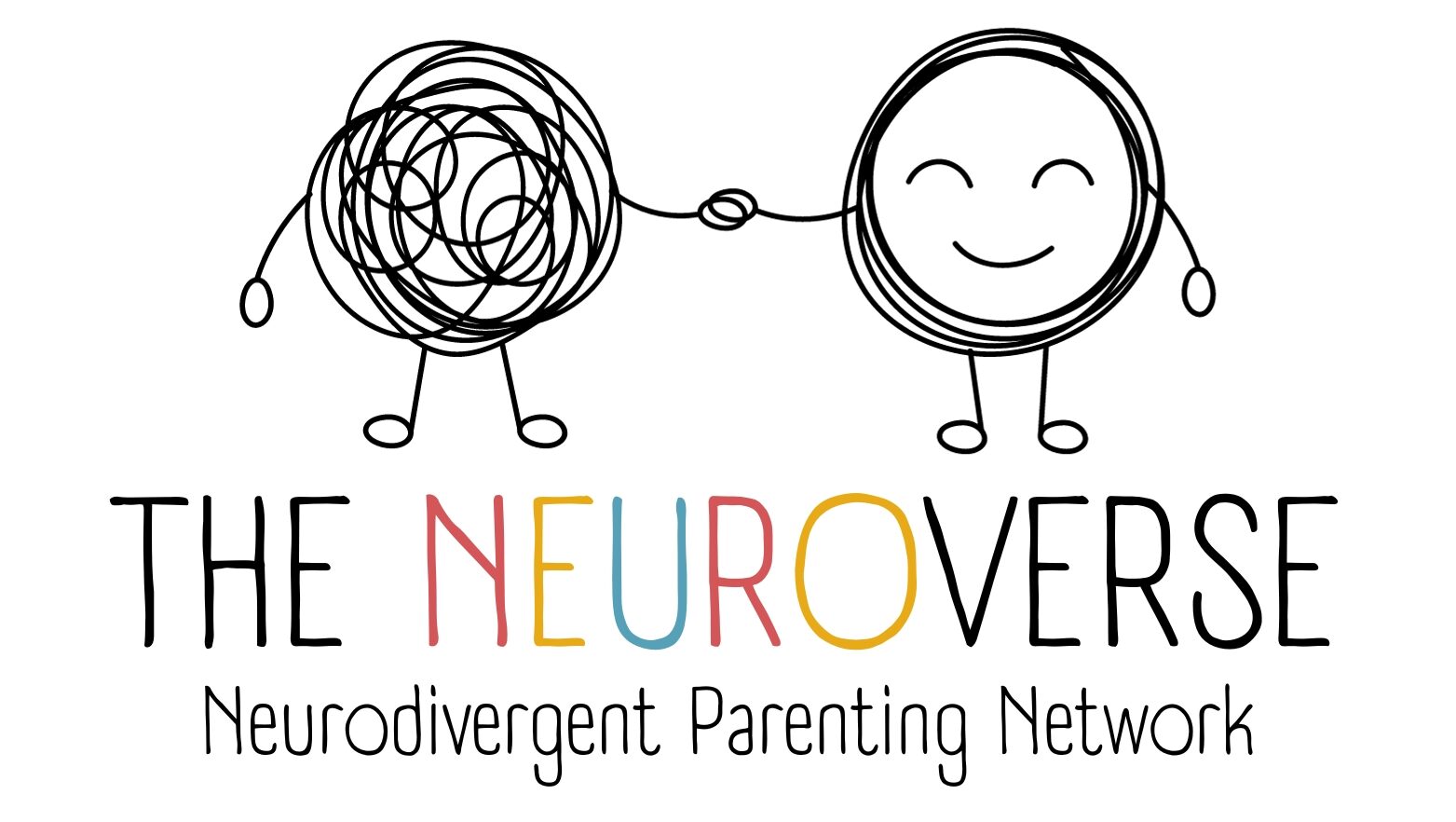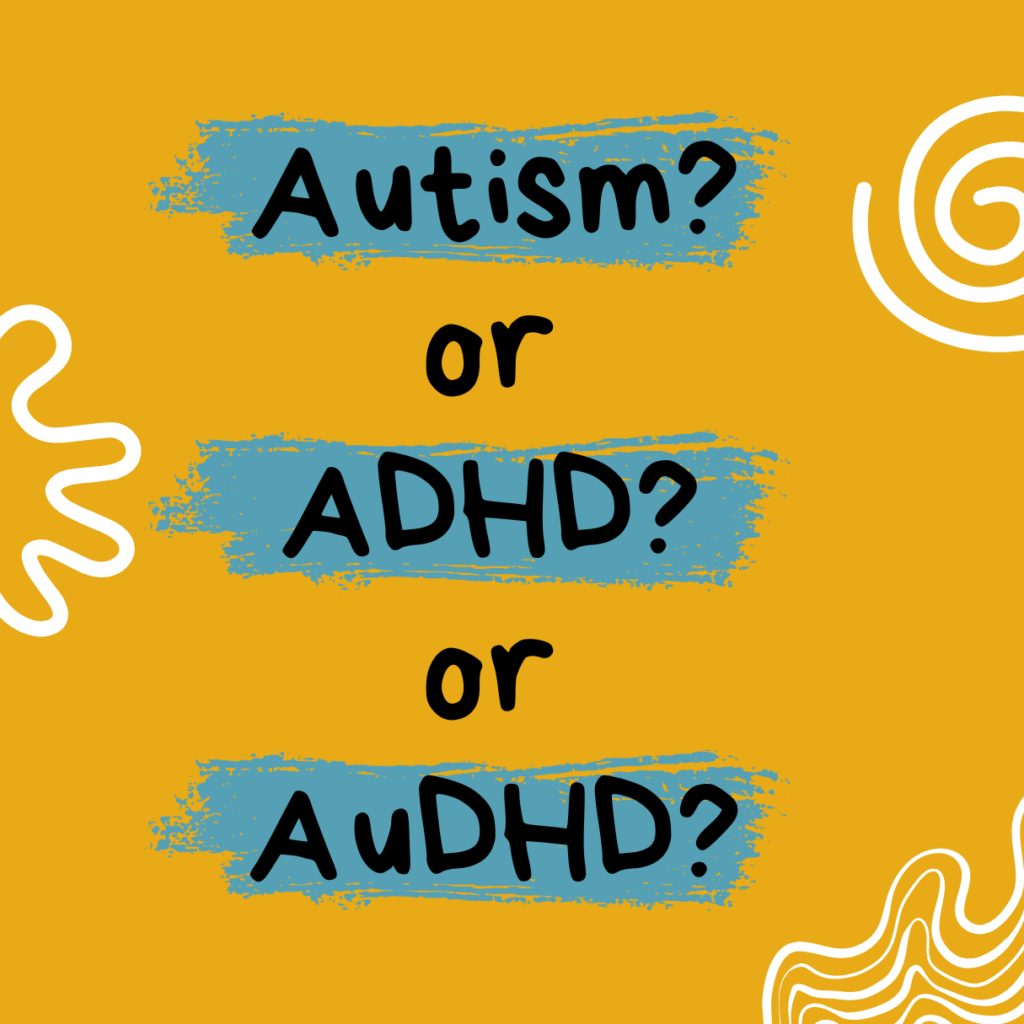ADHD Medication: More Than Just Focus

THE OVERLOOKED BENEFIT OF ADHD MEDICATION: EMOTIONAL REGULATION AS A PRIMARY FOCUS
When we think about ADHD medication, the conversation typically revolves around improving focus, reducing hyperactivity, and curbing impulsivity. After all, children with ADHD are often diagnosed because they struggle to sit still, pay attention, or control their impulses in a classroom setting.
But what if one of the biggest benefits of ADHD medication isn’t about focus at all?
For many children (and adults) with ADHD, the most life-changing impact of medication is better emotional regulation—yet this aspect is rarely discussed when making treatment decisions. While parents may seek a diagnosis because their child struggles in school, they often don’t realise that ADHD also affects the ability to regulate emotions, leading to intense frustration, meltdowns, mood swings, and difficulties in social relationships.
This article explores how emotional regulation is a core struggle for many with ADHD—and why medication may be most valuable for managing emotions, rather than just improving focus.
Emotional Dysregulation in ADHD: A Core Symptom, Not a Side Effect
ADHD is commonly associated with distraction, restlessness, and impulsive behaviour. However, one of the most impairing symptoms is often emotional dysregulation—yet this is rarely included in diagnostic criteria.
Children with ADHD experience bigger, more intense emotions and struggle to regulate them in a way that neurotypical children can. This can result in:
- Difficulty managing frustration – Small inconveniences trigger disproportionate emotional reactions.
- Rapid mood shifts – Feelings of excitement, anger, or sadness may escalate quickly and unpredictably.
- Inability to regulate disappointment – Rejection or failure may feel overwhelming and impossible to recover from.
- Emotional impulsivity – Blurting out frustrations, acting on emotional impulses without considering consequences.
- Sensitivity to criticism – Increased likelihood of feeling hurt or rejected, leading to social withdrawal or aggression.
Research has found that emotional dysregulation contributes to many of the social and mental health challenges experienced by people with ADHD, including anxiety, depression, and relationship difficulties (Barkley & Fischer, 2010). Despite this, emotional regulation is not listed as a formal diagnostic criterion in the DSM-5 for ADHD, which often leads to underdiagnosis and undertreatment of this aspect of the disorder.
Why Emotional Regulation is So Hard for ADHD Brains
Emotional dysregulation in ADHD isn’t just about getting frustrated easily—it’s a core neurological difference that affects how the brain manages emotions in real time. To understand why this happens, we need to look at how ADHD brains process emotions differently.
ADHD is linked to differences in brain function, particularly in the prefrontal cortex—the area responsible for self-control, impulse regulation, and emotional regulation. This part of the brain helps manage responses to frustration, disappointment, and social interactions by filtering emotions and regulating reactions appropriately.
For a neurotypical child, when something frustrating happens, the brain quickly assesses the situation, regulates the emotional response, and moves on. However, in a child with ADHD, this system doesn’t work as efficiently. Instead of quickly calming down, their emotions can spiral out of control and become overwhelming.
ADHD brains have lower levels of dopamine and norepinephrine, two neurotransmitters that help with emotional regulation, impulse control, and decision-making. Because of this, emotions often feel more intense, more immediate, and harder to manage. The brain struggles to shift gears once distress has set in, making it difficult to recover from frustration or disappointment.
This is why children with ADHD often:
- Have bigger emotional reactions than the situation may seem to warrant – A small frustration, like a broken pencil, can trigger an extreme meltdown.
- Struggle to “snap out of it” once they are upset – Emotional distress lingers much longer, making it harder for them to move past the issue.
- Feel emotions so intensely that they sometimes become physically distressed – Their entire nervous system reacts, leading to symptoms like crying, shaking, or feeling sick when upset.
- Are more prone to Rejection Sensitivity Dysphoria (RSD) – This refers to an extreme emotional reaction to perceived criticism, failure, or rejection, even if the feedback was neutral or well-intended.
These challenges make daily life stressful, not just for the child but for their family, friends, and teachers. Emotional dysregulation can impact:
- Friendships – Overreacting to small conflicts can lead to social isolation or difficulties maintaining friendships.
- Classroom behaviour – Difficulty managing frustration can result in outbursts, withdrawal, or refusal to complete work.
- Home life – Frequent emotional breakdowns can create tension and exhaustion for parents and siblings.
Because emotional dysregulation is not a behavioural choice but a neurological difference, traditional discipline strategies (such as punishment or reasoning in the heat of the moment) are often ineffective. Instead, targeted interventions—such as ADHD medication, therapy, and self-regulation strategies—are key to helping children manage their emotions more effectively.
How ADHD Medication Helps with Emotional Regulation
ADHD medication isn’t just about focus—it also plays a key role in stabilising emotions. Research increasingly supports the idea that emotional dysregulation is not a minor side effect of ADHD but a significant challenge that affects daily life, relationships, and mental health. Medication helps by restoring balance to the brain’s ability to regulate emotions, allowing children to manage frustration, disappointment, and social interactions more effectively.
1. Strengthening the Prefrontal Cortex’s Role in Emotional Control
ADHD medications increase dopamine and norepinephrine levels, which enhance prefrontal cortex function, leading to better impulse control and emotional stability (Arnsten, 2009).
Before medication: Small frustrations (e.g., losing a game) may trigger an intense meltdown. After medication: The child can pause, process emotions, and react more appropriately.
2. Reducing Emotional Impulsivity
ADHD medications help by slowing down emotional reactions, allowing children to pause before reacting emotionally. This makes it easier to:
- Process emotions before responding
- Avoid impulsive emotional reactions (e.g., hitting, yelling, crying)
- Stay calm during conflicts or disappointments
3. Improving Frustration Tolerance
ADHD medications increase dopamine availability, which enhances the brain’s ability to cope with setbacks and recover from disappointment (Faraone et al., 2019).
4. Enhancing Social Interactions and Friendships
When ADHD medication improves self-regulation, it helps children: ✔ Respond more appropriately in social settings ✔ Recover from conflicts without prolonged distress ✔ Interpret social cues more accurately
5. Lowering the Risk of Anxiety and Depression
Since emotional dysregulation in ADHD is linked to higher rates of anxiety and depression, addressing this aspect of ADHD early can reduce mental health struggles later in life (Surman et al., 2013).
Conclusion: A Shift in Perspective on ADHD Treatment
While ADHD medication is often prescribed to improve focus and reduce hyperactivity, its ability to stabilise emotions is just as important—if not more so. Emotional dysregulation is a major factor in social struggles, self-esteem issues, and long-term mental health challenges for children with ADHD.
By focusing on emotional regulation as a key treatment goal, we can help children not only succeed academically but also build the resilience and emotional well-being they need for life. Instead of just asking, “Will this help my child concentrate?” it’s equally valid to ask, “Will this help my child feel more in control of their emotions?”
For many children, the answer is a resounding yes.
References:
Arnsten, A. F. (2009). Toward a new understanding of attention-deficit hyperactivity disorder pathophysiology: An important role for prefrontal cortex dysfunction. CNS Drugs, 23(1), 33-41.
Barkley, R. A. (2015). Attention-Deficit Hyperactivity Disorder: A Handbook for Diagnosis and Treatment (4th ed.). Guilford Press.
Barkley, R. A., & Fischer, M. (2010). The unique contribution of emotional impulsiveness to impairment in major life activities in hyperactive children as adults. Journal of the American Academy of Child & Adolescent Psychiatry, 49(5), 503-513.
Faraone, S. V., Buitelaar, J. K., & Spencer, T. J. (2019). Effect of ADHD medications on emotional lability in children and adolescents with ADHD. Journal of Child Psychology and Psychiatry, 60(6), 622-628.
Shaw, P., Stringaris, A., Nigg, J., & Leibenluft, E. (2014). Emotion dysregulation in attention deficit hyperactivity disorder. American Journal of Psychiatry, 171(3), 276-293.
Surman, C. B., Biederman, J., Spencer, T. J., Miller, C. A., McDermott, K., & Faraone, S. V. (2013). Functioning of adults with ADHD treated with stimulant medication. Journal of Attention Disorders, 17(1), 11-18.



Leave a Reply